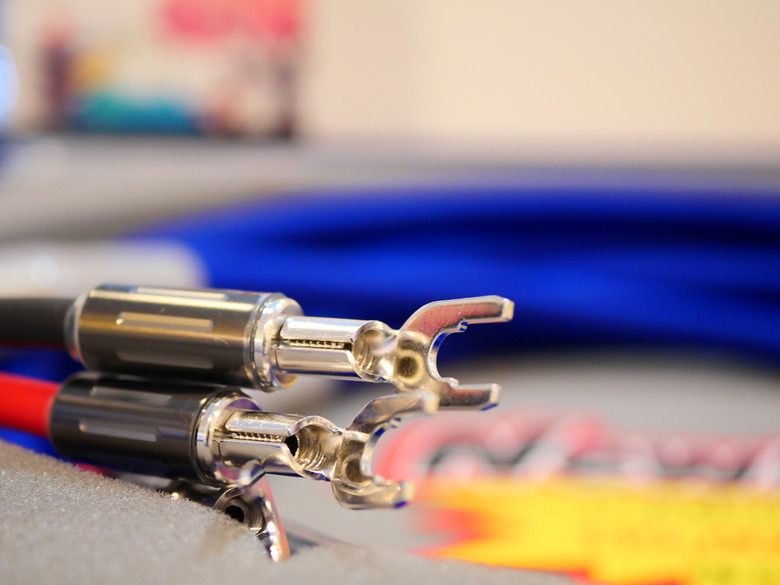Pros & Cons Of 24 Volt Vs. 12 Volt
Most appliances, especially those used domestically, operate either on a 12 volt or a 24 volt power system. Therefore, it is an added advantage to have both power systems working for you at the same time. If that is not an option, know the advantages and disadvantages of both systems to help you choose between them.
24 Volts: Advantages
24 Volts: Advantages
Using a 24 volt supply instead of a 12 volt supply greatly reduces the wiring cost to almost half the original cost. This is so because increasing the voltage of a system causes a reduction in the current through it, and in turn reduces the size of the wires you need . The reduction in wire size cuts down the costs, as the thicker the wire the more costly it is. Another advantage of 24 volt supplies is that they are more compatible with AC appliances. However, in case you need a 12 volt supply, it is easy to step down the voltage from 24 volts to 12 volts using a charge controller.
24 Volts-Disadvantages
24 Volts-Disadvantages
As much as using 24 volt supply is quite advantageous, not all appliances operate on this system. Some operate on 12 volt systems, especially domestic systems such as telephone equipment. Installing just this system would mean that you are not be able to run appliances that operate on 12 volts unless you use a voltage regulator or controller
12 Volts-Advantages
12 Volts-Advantages
Use a 12 volt system when you intend to run appliances directly from batteries. This is a safer voltage for DC circuits as opposed to any higher operating voltages. Most appliances, especially those used domestically, operate on 12 volt systems making this voltage the most widely used therefore rendering 24 volt systems unnecessary and counterproductive to have one.
12 Volts-Disadvantage
12 Volts-Disadvantage
As much as 12 volt systems are most popular, they have a shortcoming: the charge regulators cannot easily step up this voltage to higher voltages because most of them only work in the reverse. The wiring systems are also costly, compared to higher voltage systems.
Conclusion
Conclusion
The best system to install for most users would be 12 volt since most home appliances run on this voltage. Have both systems installed if your appliances run on 24 volt systems as well. An alternative to this would be to install a 24 volt system but incorporate a charge controller that reduces the voltage to 12 volts whenever necessary. This way you have both scenarios covered.
References
Cite This Article
MLA
Reed, Nelson. "Pros & Cons Of 24 Volt Vs. 12 Volt" sciencing.com, https://www.sciencing.com/pros-volt-vs-12-volt-8791851/. 26 July 2011.
APA
Reed, Nelson. (2011, July 26). Pros & Cons Of 24 Volt Vs. 12 Volt. sciencing.com. Retrieved from https://www.sciencing.com/pros-volt-vs-12-volt-8791851/
Chicago
Reed, Nelson. Pros & Cons Of 24 Volt Vs. 12 Volt last modified March 24, 2022. https://www.sciencing.com/pros-volt-vs-12-volt-8791851/
